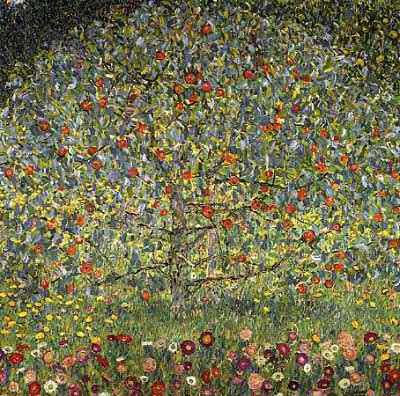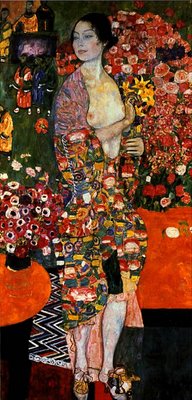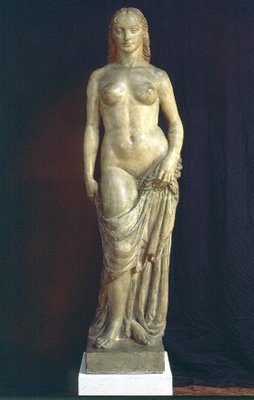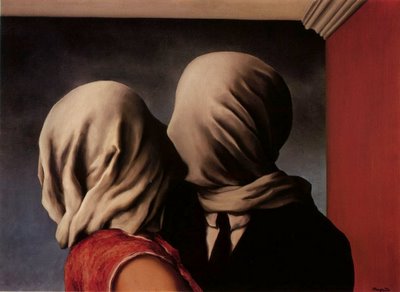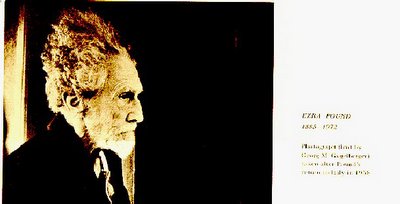CANTO I.
"And then went down to the ship,
Set keel to breakers, forth on the godly sea, and
We set up mast and sail on that swart ship,
Bore sheep aboard her, and our bodies also
Heavy with weeping, and winds from sternward
Bore us onward with bellying canvas,
Crice's this craft, the trim-coifed goddess.
Then sat we amidships, wind jamming the tiller,
Thus with stretched sail, we went over sea till day's end.
Sun to his slumber, shadows o'er all the ocean,
Came we then to the bounds of deepest water,
To the Kimmerian lands, and peopled cities
Covered with close-webbed mist, unpierced ever
With glitter of sun-rays
Nor with stars stretched, nor looking back from heaven
Swartest night stretched over wreteched men there.
The ocean flowing backward, came we then to the place
Aforesaid by Circe.
Here did they rites, Perimedes and Eurylochus,
And drawing sword from my hip
I dug the ell-square pitkin;
Poured we libations unto each the dead,
First mead and then sweet wine, water mixed with white flour
Then prayed I many a prayer to the sickly death's-heads;
As set in Ithaca, sterile bulls of the best
For sacrifice, heaping the pyre with goods,
A sheep to Tiresias only, black and a bell-sheep.
Dark blood flowed in the fosse,
Souls out of Erebus, cadaverous dead, of brides
Of youths and of the old who had borne much;
Souls stained with recent tears, girls tender,
Men many, mauled with bronze lance heads,
Battle spoil, bearing yet dreory arms,
These many crowded about me; with shouting,
Pallor upon me, cried to my men for more beasts;
Slaughtered the herds, sheep slain of bronze;
Poured ointment, cried to the gods,
To Pluto the strong, and praised Proserpine;
Unsheathed the narrow sword,
I sat to keep off the impetuous impotent dead,
Till I should hear Tiresias.
But first Elpenor came, our friend Elpenor,
Unburied, cast on the wide earth,
Limbs that we left in the house of Circe,
Unwept, unwrapped in the sepulchre, since toils urged other.
Pitiful spirit. And I cried in hurried speech:
"Elpenor, how art thou come to this dark coast?
"Cam'st thou afoot, outstripping seamen?"
And he in heavy speech:
"Ill fate and abundant wine. I slept in Crice's ingle.
"Going down the long ladder unguarded,
"I fell against the buttress,
"Shattered the nape-nerve, the soul sought Avernus.
"But thou, O King, I bid remember me, unwept, unburied,
"Heap up mine arms, be tomb by sea-bord, and inscribed:
"A man of no fortune, and with a name to come.
"And set my oar up, that I swung mid fellows."
And Anticlea came, whom I beat off, and then Tiresias Theban,
Holding his golden wand, knew me, and spoke first:
"A second time? why? man of ill star,
"Facing the sunless dead and this joyless region?
"Stand from the fosse, leave me my bloody bever
"For soothsay."
And I stepped back,
And he strong with the blood, said then: "Odysseus
"Shalt return through spiteful Neptune, over dark seas,
"Lose all companions." Then Anticlea came.
Lie quiet Divus. I mean, that is Andreas Divus,
In officina Wecheli, 1538, out of Homer.
And he sailed, by Sirens and thence outwards and away
And unto Crice.
Venerandam,
In the Cretan's phrase, with the golden crown, Aphrodite,
Cypri munimenta sortita est, mirthful, oricalchi, with golden
Girdle and breat bands, thou with dark eyelids
Bearing the golden bough of Argicidia. So that:"
Ezra Pound










